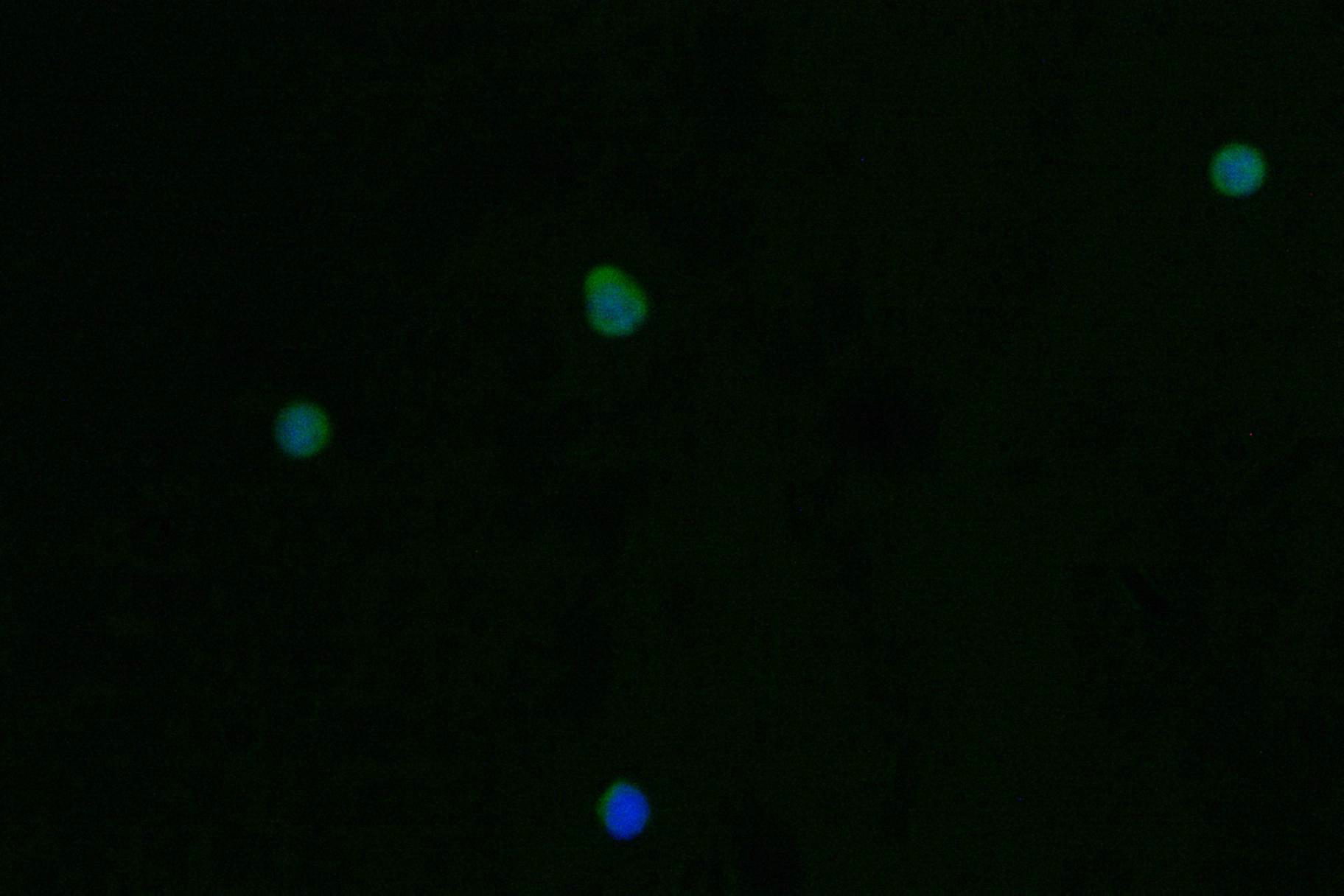The production of the PRSS2 recombinant monoclonal antibody involves genetic engineering techniques such as gene cloning and expression to obtain the gene that encodes for the PRSS2 monoclonal antibody. The synthesized peptide derived from human PRSS2 protein was used as an immunogen to generate the PRSS2 monoclonal antibody. Affinity chromatography purification ensures the high purity of the obtained PRSS2 recombinant monoclonal antibody, which specifically recognizes and binds to the human PRSS2 protein. The PRSS2 recombinant monoclonal antibody has been validated for use in ELISA and IF applications, which demonstrated the quality and specificity of the PRSS2 recombinant monoclonal antibody.
PRSS2 is a protease enzyme that is produced and secreted by the pancreas into the small intestine. It is a precursor of the active form of the enzyme, trypsin, which plays an essential role in the digestion of proteins. In the small intestine, PRSS2 is cleaved by an enzyme called enteropeptidase to generate trypsin, which in turn activates other pancreatic enzymes involved in protein digestion. Therefore, PRSS2 is an important component of the digestive system.




